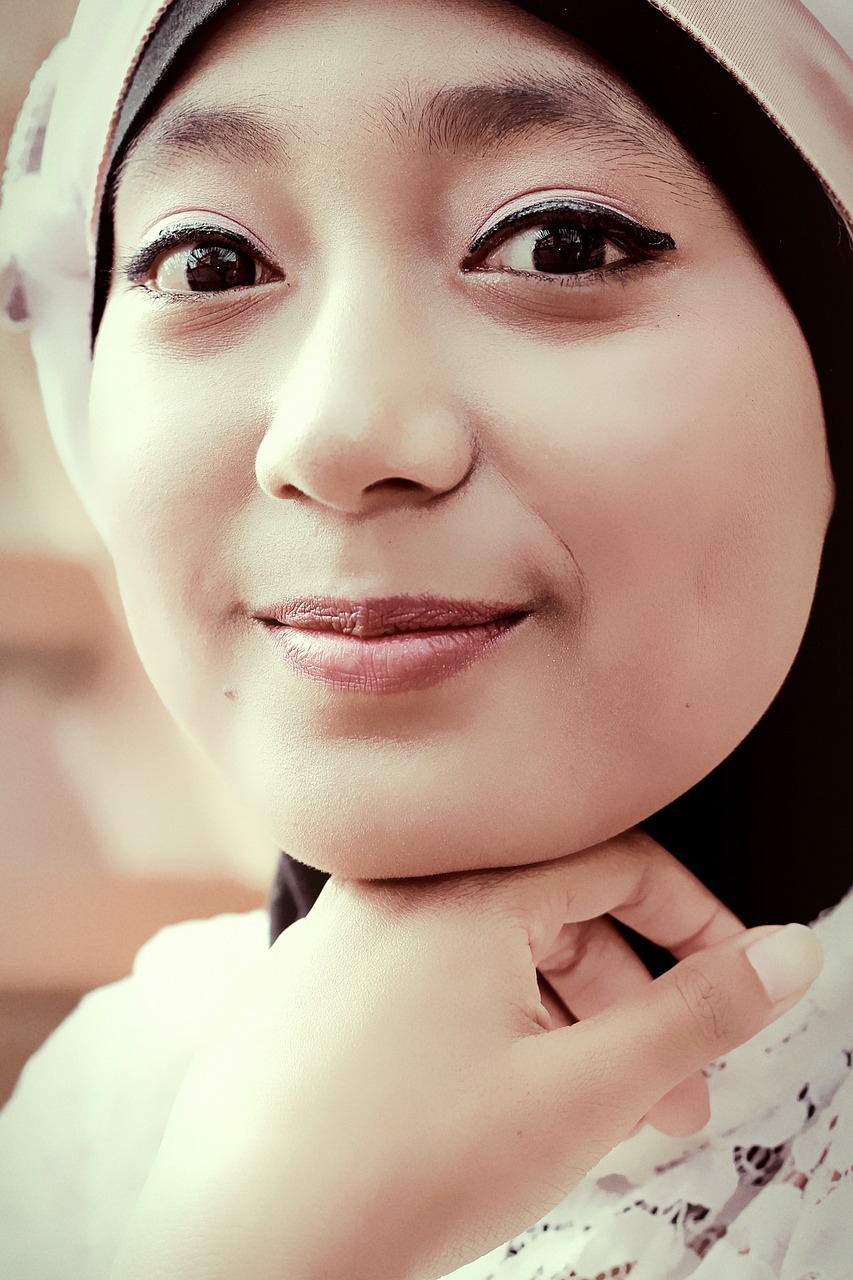Rosanna Sirignano
June 3, 2013
Chained, reclusive, condemned lives, sufferers, slaves: these are some of the adjectives easily used in association with Muslim women. However, this is a broad stereotype and is predicated on the notion that there is one Islamic state or a holistic Islamic culture, the attempt to create some order to the question of Islamic women and offer cues for reflection from a point of view of little understanding.
Unfortunately for external observers it is difficult regardless of there want to examine the question objectively. The veil, an often cited example, is seen as a sign of oppression and the limits of female liberty. Many don’t know that many women probably the major part, choose to wear the veil they illustrate their devotion to God and is their own decision. Those “advocates” would now give voice to those immigrant women even though they have chosen to wear the veil these women do not think of themselves as “poor, oppressed, ignorant, terrorists” rather they might focus on a fear of not being heard or of not finding work.
It is sad to note, those who defend the rights of Islamic women there are people who have never read a verse of the Koran and have no knowledge of the historical development of the rights of women, and perhaps more gravely, look at Islam as a homogenous system. It is natural to distinguish between Italian Catholicism, and that of Swedish Catholicism for Islam we understand the same religion not a Tunisian, or a Yemen or an Indonesian Islam? When one speaks about Muslim women many understand them as the same, regardless of state, which have the same problems and the same conditions.






